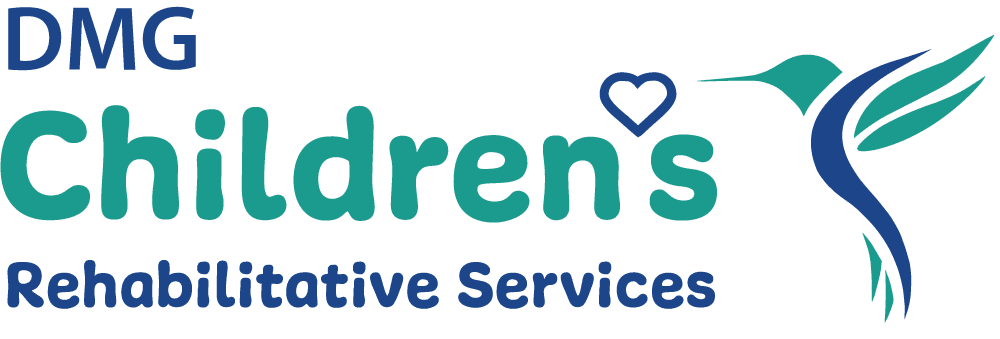Cerebral Palsy Causes, Symptoms and Treatment
What is cerebral palsy?
According to the Centers for Disease Control and Prevention, cerebral palsy (CP) is a group of disorders that affect your child’s ability to move and maintain balance and posture. CP is the most common motor disability in childhood. “Cerebral” means having to do with the brain. “Palsy” means weakness or problems using the muscles.
CP can be mild to severe and does not get worse over time. However, symptoms can change throughout a person’s life. Severe CP may require the use of special equipment to walk or a wheelchair and lifetime care. A person with mild CP might not need any special equipment and may just walk awkwardly.
What causes CP?
CP is caused by damage to the developing brain, most often before birth, or abnormal brain development. According to the Cerebral Palsy Alliance Research Foundation, CP is not genetic or hereditary; however, researchers generally believe that a genetic predisposition to certain characteristics like prematurity or heart problems may potentially act as the start of a causal pathway that can result in a person having cerebral palsy.
Risk factors include:
What are the symptoms of CP in a child?
Signs of CP appear in infancy through preschool years and can be mild to severe. If your child has one or more of the following symptoms, you should schedule an appointment with their pediatrician or primary care provider:
If my child has CP, can they be cured?
While CP cannot be cured, it is treatable, and the condition generally stays the same over time and does not get worse.
Treating CP requires a multispecialty team, and the medical specialists on your child’s care team will depend on how CP is affecting your child. Depending on the severity of CP, the following conditions may occur:
At DMG CRS, we have all the medical specialties, therapy programs, and support required to provide comprehensive treatment for children with CP and their families, including:
We partner with you to understand your health and life goals for your child, educate you on your child’s condition and develop a treatment plan to help your child live to the fullest of their abilities. And we provide it all in one easy-to-access location to help you get quality, convenient care for your family.



